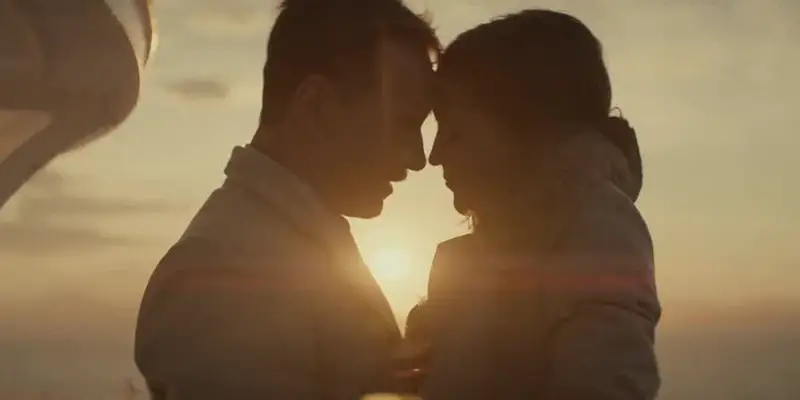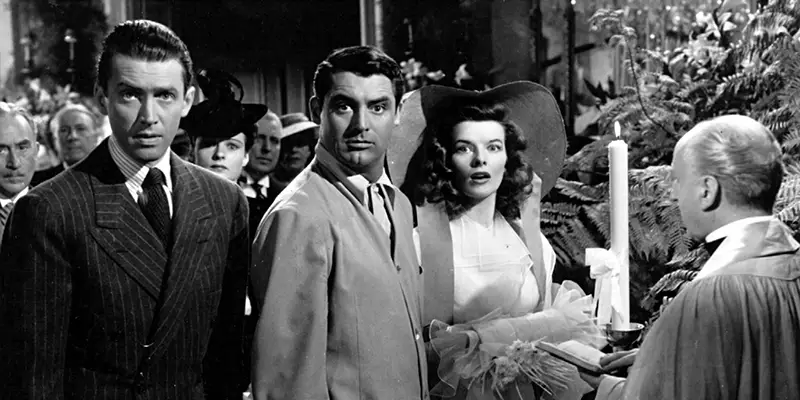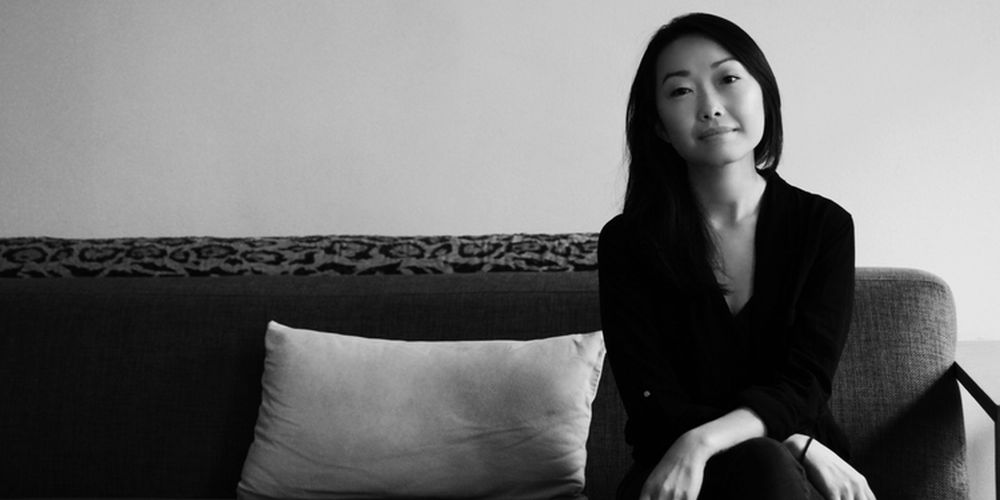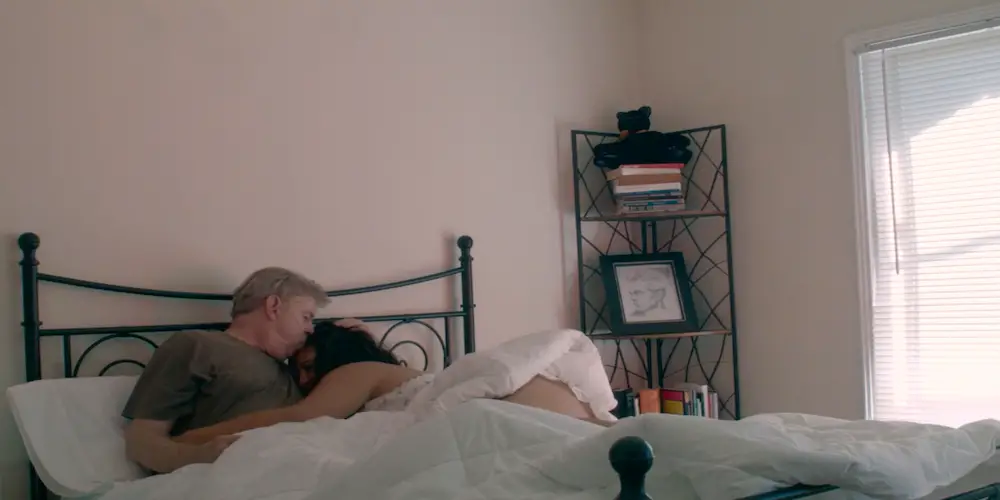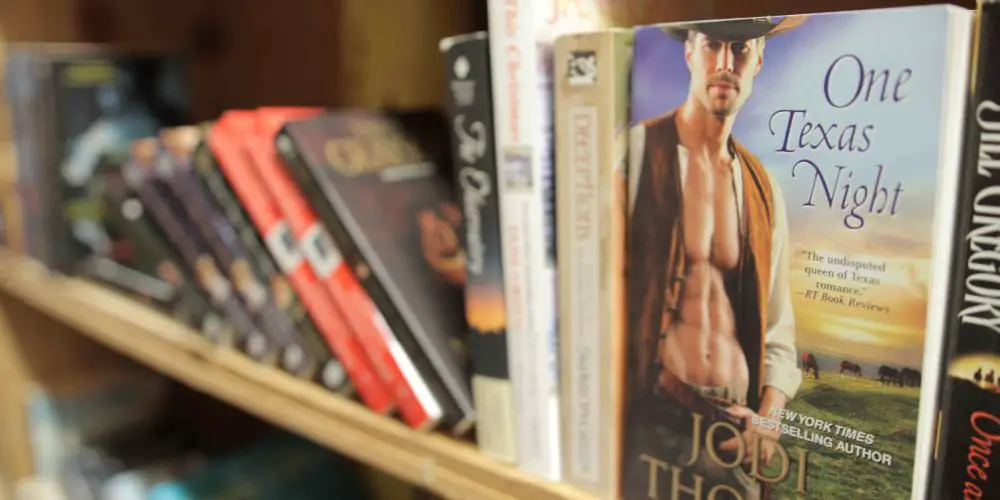romance
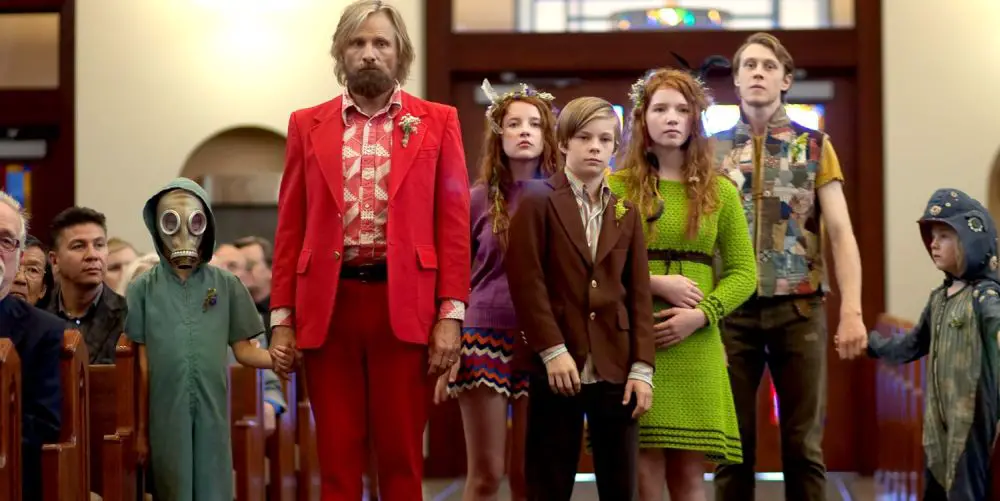
To title your film with the superlative ‘Fantastic’ is playing with fire. Firstly, in this age of Marvel’s silver screen domination and DC’s valiant attempts to catch up, it would be understandable for any jaded cinema-goer to skip this one, expecting another facile, spandex-clad superhero epic; secondly, if it fails the headlines write themselves, and every movie critic worth their salt would crowbar in a reference to the irony of the film’s title. Luckily, Matt Ross’ sophomore effort Captain Fantastic, following 2012’s 28 Hotel Rooms, will have few critics drawing knives, and anyone eagerly searching for an antithesis to the recent barrage of superhero blockbusters in cinemas will be satisfied, if not delighted, when the credits roll.
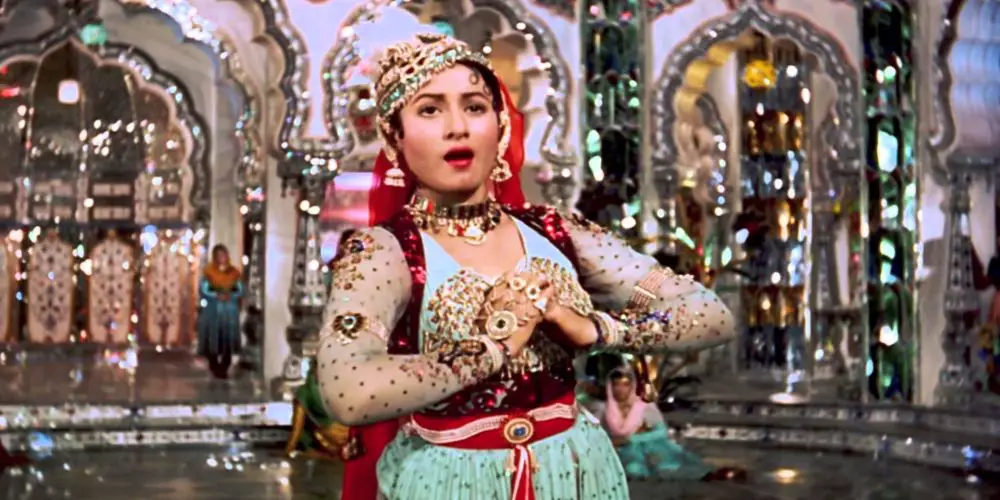
Raj Kapoor, Dilip Kumar, Nargis, Dev Anand, Vyjayanthimala, Guru Dutt, Madhubala, Raaj Kumar, Rajesh Khanna, Meena Kumari, Shashi Kapoor, Hema Malini, Sanjeev Kumar, Amitabh Bachchan, Rekha, Anil Kapoor, Madhuri Dixit, Salman Khan, Shah Rukh Khan, Kajol, Aamir Khan, Aishwarya Rai, Hrithik Roshan, Kareena Kapoor, Priyanka Chopra, Ranbir Kapoor, Deepika Padukone. To a majority of westerners these names will have very little resonance, if any at all. For many cinemagoers on the Indian subcontinent, however, these highly-revered and much-followed household names together epitomise the most significant cultural product in the region:
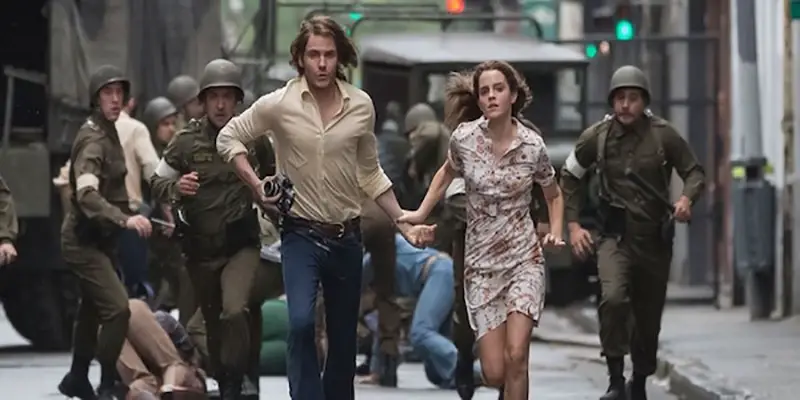
In 1973, Augusto Pinochet seized power in Chile and demoted the previous civilian rule to replace it with a military dictatorship. Colonia Dignidad, commanded by Paul Schäfer and other allies of Pinochet, served as a prison for political detainees under his regime, despite the bastille being concealed by the veneer of a farming commune. With a historical premise as intriguing as this, it’s unfortunate how much Colonia’s (also known as The Colony) filmic portrayal falters more than it succeeds.

No matter what the critics say, film festival juries frequently appear to be in their own little bubble where they award the top prize to the film with the most political relevance, instead of the best artistic qualities. Last year at Cannes, the middling immigrant drama Dheepan trumped some of the year’s most widely acclaimed movies, from Son of Saul to Carol, for the festival’s top prize. But this was far from the only area critics were left bemused, as Rooney Mara’s performance in Carol suffered the indignity of sharing the Best Actress award with the unhyped Emmanuelle Bercot in My King.
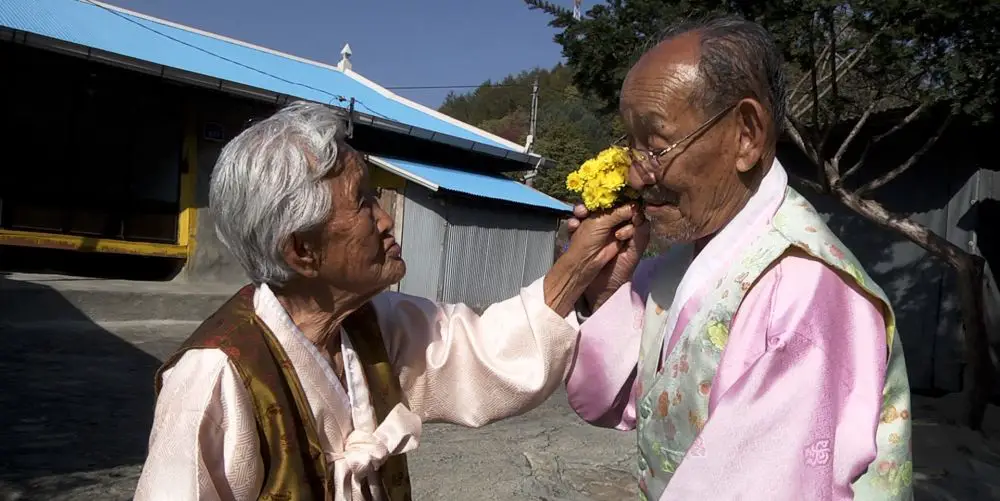
Jin Mo-young’s debut documentary feature, My Love, Don’t Cross That River, is extremely touching, and from solely watching the trailer of this South-Korean film, you can see why. Released for the festival circuit in 2014, Jin shows us a 98-year-old Jo Byeong-man and 89-year-old Kang Kye-yeol, who’d been married for 76 years. Jin filmed the elderly couple in their mountain village home in Hoengsong County, Gangwon Province for 15 months.

Baz Luhrmann, born Mark Anthony Luhrmann, grew up in the tiny village of Heron’s Creek in New South Wales, Australia, a township which boasted a population of just 312 in 2011. Since then, he has revolutionised the Australian cinema scene and is best known for The Red Curtain Trilogy, comprising of romantic comedy and underdog tale Strictly Ballroom, a modernisation of Shakespearean classic Romeo + Juliet, and Moulin Rouge!, the extravagant and no holds barred musical set in late 19th century Paris.
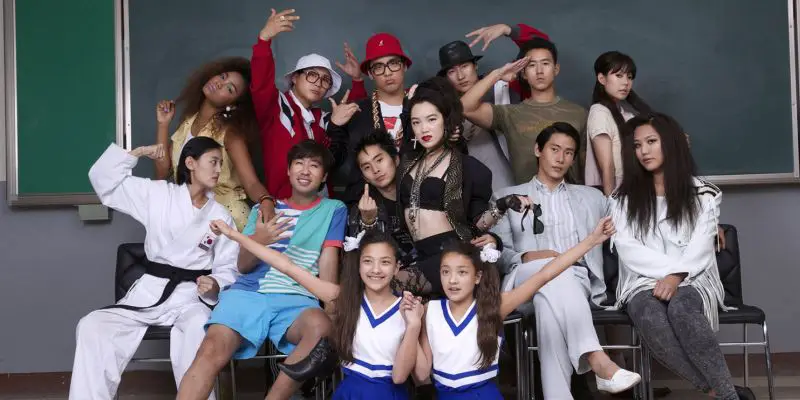
Growing up as a first generation Asian American, I looked to television and cinema for hints to “fit in” with all the other Americans, to improve my grammar and English, to embrace the idea of being American. In that transition, I severed some of my Filipino roots. I can understand Tagalog, but I can’t speak it.
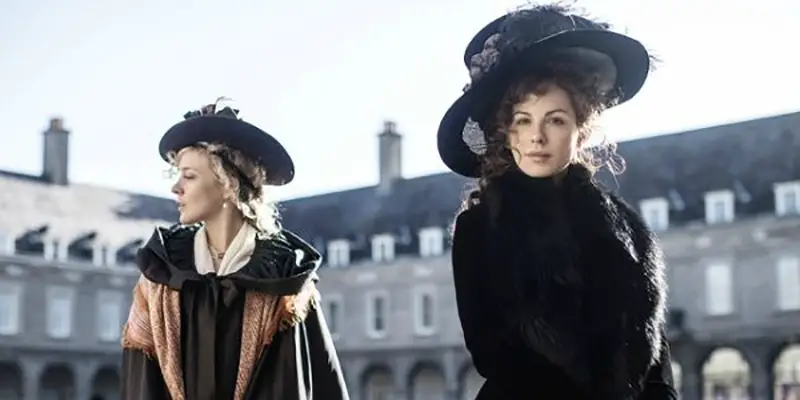
Whit Stillman’s adaption of Jane Austen’s relatively unknown novella, Lady Susan, follows the delightfully scandalous exploits of the recently widowed Lady Susan Vernon (Kate Beckinsale). Lady Susan is forced to leave the Manwaring family’s estate in the midst of adulterous allegations, instead taking up residence with her in-laws and their handsome young relative, Reginald DeCourcy (Xavier Samuel), whereby she attempts to marry off her long-suffering daughter and elevate her own social standing in the process. The ensuing events make for one of the most entertaining and joyfully witty Austen adaptations we have yet been treated to on screen.
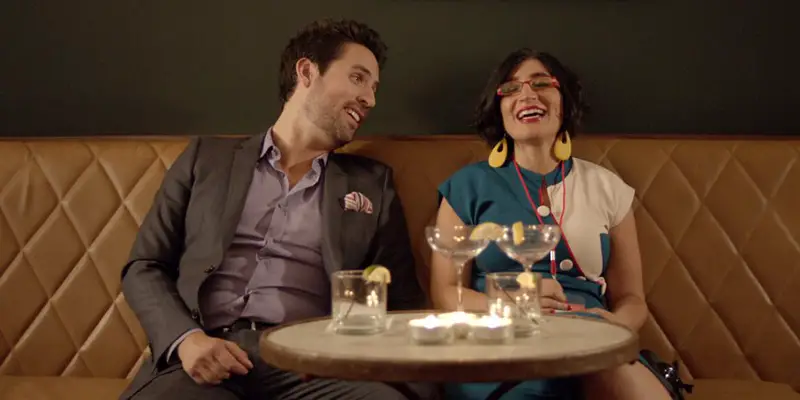
3rd Street Blackout is an independent romantic comedy written, directed by and starring Negin Farsad (as Mina) and Jeremy Redleaf (as Rudy). The film explores the trials one tech-savvy couple endures during the midst of a post hurricane blackout in an urban New York City neighborhood. It also features Ed Weeks (as Nathan Blonket) and a brief appearance by Janeane Garofalo (as June Sherman).


